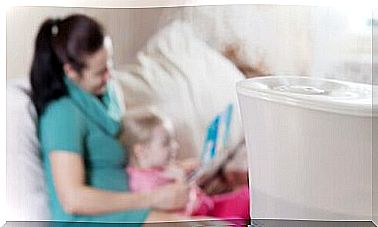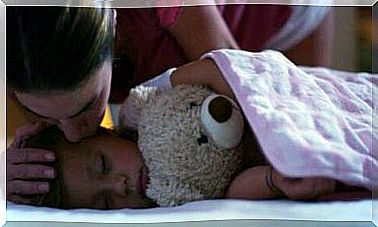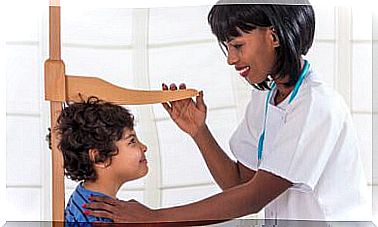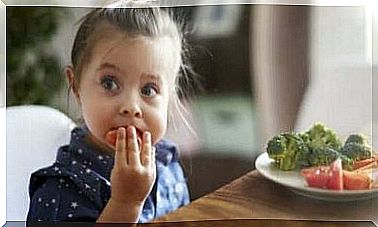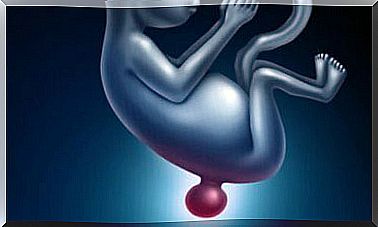Constipation In Children: What Causes It And How To Fix It? – Being Parents
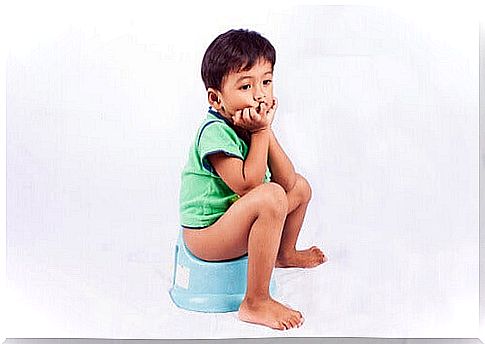
As a mother, surely you’ve heard of constipation in children. During the first years of life, it is quite normal for children to suffer from it. So you shouldn’t worry.
Children who have difficulty defecating will find themselves in a situation that is distressing for them, so they will try to avoid it, which will make the problem worse.
You can go to your pediatrician if you think your child may be having problems with childhood constipation. If he quickly returns to normal bowel habits , it will be better for the health and well-being of your child.
Causes that can promote constipation in children
Episodes of constipation in children can be due to several factors such as:
- A diet low in fluid and fiber . Water is essential in children’s diets, as is fiber. The latter can be obtained from fruits and vegetables. Although it has not been shown to be a direct link to constipation, it is recommended that you drink water and consume fiber as it softens the stool.
- Excess astringent foods . These foods tend to promote episodes of constipation, so consumption should be moderate. Some astringent foods are bananas, rice, apples, chocolate, and the refined sugars found in sweets and candies.
- External factors. Children react to the environment with their whole body, so a traumatic family event like separation or death can cause episodes of constipation. Also, going back to school or nursery school can be the cause of this symptomatology.
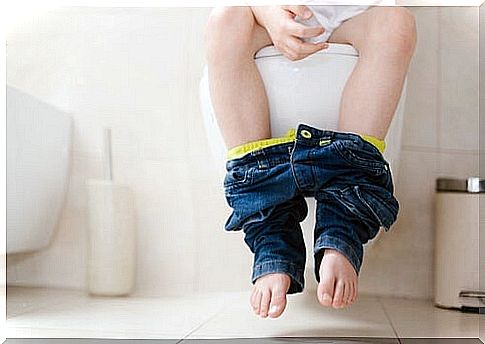
- The habits of visiting the forced toilets. When taught how to relieve themselves on the potty or the bidet, many parents make the mistake of forcing them to go to the bathroom. Physiological needs should not be forced, but voluntary and whenever the child needs them.
- The lack of established schedules for eating . The danger of pecking that many children suffer from results in poor nutrition during important meals of the day.
What can be considered constipation in children?
Constipation depends a lot on each child and their age. According to the Spanish Pediatric Association, to be considered constipation in children at least four years old, at least 2 of the following criteria must be met for 2 consecutive months:
- Less than 3 bowel movements per week.
- At least one episode of fecal incontinence per week.
- Retentive behaviors or attitudes to avoid defecation.
- Painful bowel movements
- Large diameter stools in the rectum or palpable in the abdominal area.
- Excessively large deposits.
When it comes to children under the age of four, the criteria are similar, but especially the absence of defecation or the pain of the child trying to expel them predominates.
There are also children who defecate but not completely, which causes the stools to grow and it becomes more and more painful to expel them.
If any of these coincides with what you think may be happening to your child, see your pediatrician.
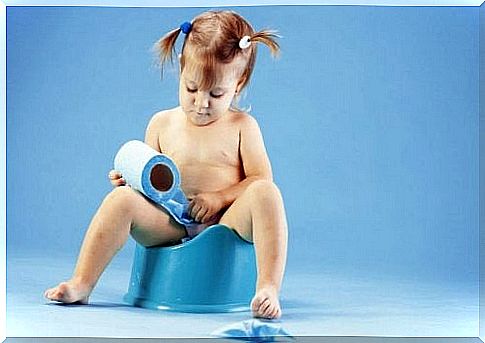
How can constipation be treated in children?
While the best advice will come from your pediatrician, here are some tips that may help your child:
- Diet changes. Increase water intake in your diet, instead of soft drinks or sugary juices. It is also recommended to eat more vegetables and fruits so that its fiber intake is more important. Fruits like kiwi or plum also have laxative effects. Cooking with olive oil promotes transit and is healthier.
- Sport. Physical activity promotes intestinal transit and prevents sendentarism. Encourage your child to play sports or do whatever physical activity they enjoy.
- A regular pattern of toilet visits . When you teach him, sit him down for a few minutes after meals, but without forcing him to give his statements. Teach him not to have to help him and to go to the bathroom when he needs it.
And remember, you should never treat your child without a proper medical prescription. If necessary, consult your pediatrician to find out which medicine is best for you.


